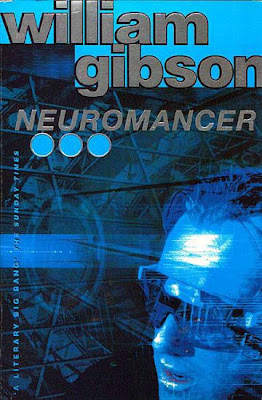
Absorbing and satisfying. I’d forgotten how much I enjoy crime fiction.
Category Archives: book review
A world of my own (Robin Knox-Johnston)
Finished this last month but forgot to put something up on the blog. After reading Moitessier I remembered that I had this on my bookshelf, inherited from my father (and it is a signed first edition no less). Again, a very interesting story, but the national stereotypes were out in full – where Moitessier was romantic and philosophical Knox-Johnston is pragmatic and dutiful. A good read though, and it does make me want to do a long journey like that one day.
The Long Descent (John Michael Greer)

I bought this as soon as it was published, as I am a fan of Greer’s blog, but I hadn’t had the space to read it with any justice until last week. Summary impression: excellent, highly recommended, one of the best peak oil books, etc etc; it’s also one of the few books I’ve read on Peak Oil which starts to treat some of the spiritual aspects with any seriousness (indeed the book I hope to finish on my sabbatical is in some ways a Christian equivalent of this), and, other than a forgiveable equation of Christianity with it’s North American instantiation, he says a lot of good things on the spiritual side.
However, I do have some minor disagreements, the most important of which is that Greer holds out no hope for a high-technology future. To my mind, given the existing expenditure on infrastructure, there is no necessary reason why (in, obviously, a much reduced form) some sort of internet, for example, couldn’t be maintained indefinitely. I take the point that, eg, clean rooms for the manufacturing of chips will become virtually impossible to sustain, but I see no reason why, once the changed context is understood, the industry couldn’t make a laptop which would last for fifty or a hundred years without needing any maintenance. In other words, I think the sustainable point on the far side of Hubbert’s curve is higher up the technological scale than Greer anticipates. I suspect that there is a spiritual judgement hovering behind this; I think we’d agree that the true outcome would surprise us both.
How about this for the outline of a novel, a sort of cross between Canticle for Liebowitz and The Road (and could easily be Joseph-Campbellised): peasant boy with talent is commissioned by monastery for a task – take this book to the monks at [High Monastery in the Mountain]; boy goes through various adventures to get to High Monastery; arrives, is asked to accompany the monk into their ‘chapel’ – has to put on pure white robes – astonishingly bright white light – watches as his ‘book’ is repaired. Of course, the contemporary reader can understand that this is a laptop being repaired in the sole remaining ‘clean room’ in the entire US continent, but that needn’t be spelt out explicitly.
Worship in the Best of Both Worlds (Philip Greenslade)
One of those books that began life as PhD and it shows; but basically a very good exploration of how liturgy should be done, from an evangelical-discovering-the-wonders-of-catholicism perspective. Some excellent chapters, some where the academic apparatus drowns the point being made. Not sure I’d recommend it to anyone not already a theology graduate, which is a shame as it contains good material.
Neuromancer (William Gibson)

Good to finally read this modern classic. A bit confusing at times but you could see why it has been so influential. Came away thinking that it would make an excellent film.
An Exorcist Tells His Story (Gabriele Amorth)

Very interesting discussion and consideration of the ministry of deliverance from a traditional Catholic perspective. Amorth says that he has conducted some 33,000 exorcisms(!), of which he considers only 93 to be genuine cases of possession (bear in mind that exorcism is a diagnostic procedure). Interesting fact: the church first distinguished between demonic possession and mental illness in the late sixteenth century!! Recommended.
The Long Way (Bernard Moitessier)
Supersense (Bruce Hood)

Very interesting and stimulating book, about the nature of human reactions and perceptions to the ‘supernatural’ – and therefore where our understandings of the supernatural come from – but it was ultimately hampered by an unconscious commitment to a materialist metaphysics. Highly recommended though.



